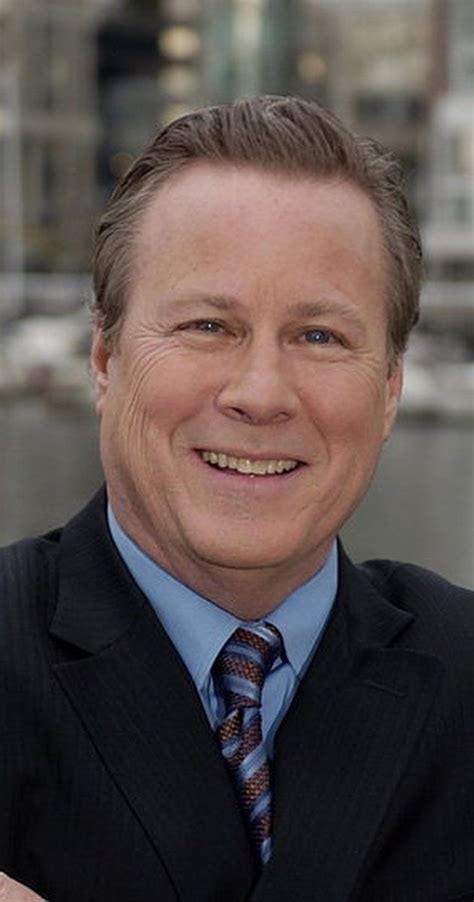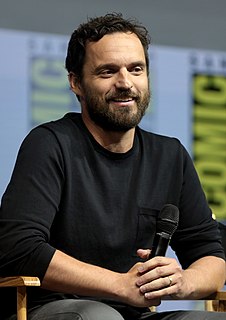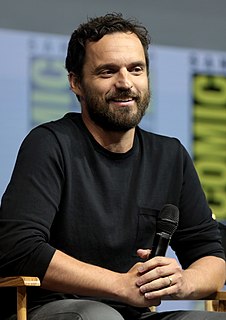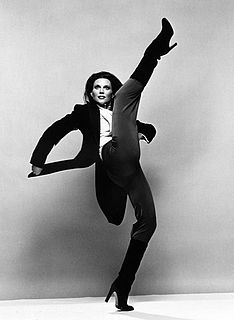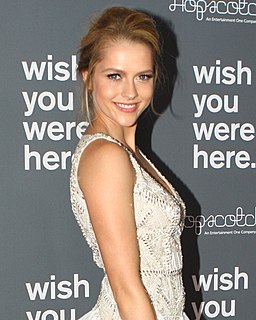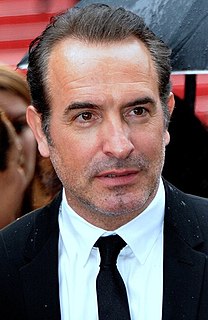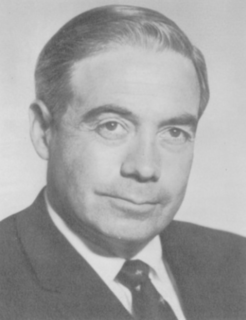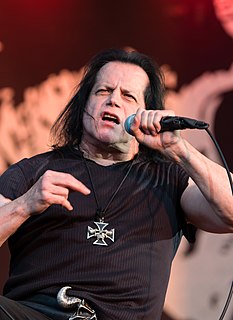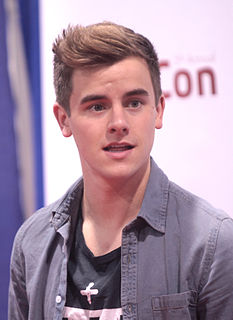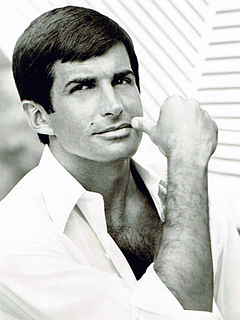A Quote by Fred Williamson
Starting my carrer, I had three rules. I called a press conference and said: you can't kill me in a movie; I win all my fights in a movie; I get the girl at the end of the movie if I want her. They weren't about to hear that, and I knew that I would have to do that myself, but I set the public up and set the press up letting them know what I was going to do: continuing to sell the brand and image that I had.
Related Quotes
When my agent called me up and said, "Do you want to be in a movie called Sharknado?" I said, "What is it about? Is it really about sharks falling out of the sky and eating people?" And she said, "Yes." And I said, "Definitely. That is going to be a huge hit. That is going to put to rest the Home Alone dad image. I'm going to be the Sharknado drunk instead, hopefully." And I was right. I don't know how I knew that, but I just knew that Sharknado was going be a huge hit.
My big break was really Liz Meriwether saw me in a movie called 'Paper Heart' and really liked it, and then saw me in a movie called 'Ceremony' because she knew Max Winkler and said, 'I want you to be in 'No Strings Attached,' but you gotta audition for it.' From that it was easier for her to get me in 'New Girl.
My big break was really Liz Meriwether saw me in a movie called 'Paper Heart' and really liked it, and then saw me in a movie called 'Ceremony' because she knew Max Winkler and said, 'I want you to be in 'No Strings Attached,' but you gotta audition for it.' From that it was easier for her to get me in 'New Girl.'
What's interesting is that you can have a set that's very calm, very smooth, very cooperative... and end up with a terrible movie. And you can have a set that's really horrible as far as relationships and volatility, and come up with a great movie. Sometimes that energy gets infused into what ends up on film - it's interesting in that way.
I was up for parts in 'Charlie's Angels' and 'Three's Company,' but other people got them. At the time I was very disappointed because I knew the shows would be tremendous hits. But if I had done either I would not have done the following: 'Chorus Line,' 'Dancin',' 'Chicago,' 'Movie Movie,' 'All That Jazz' and 'Annie.'
I knew that's where I was going. I knew we were going to Italy. You couldn't make this movie in America at this price. I knew it was going to be big. I knew there was going to be a ship involved and that there was going to be a set as big as the ship. I thought, well, here we go. But I knew that was where he was headed. He had been going this way for some time. All directors, once they have some success, they want to spend a whole heck of a lot of money. (Something else can't hear.)
I think it took me seven years before I got the script for 'Frozen River.' That's the movie I had been looking for my whole career. When I read that, I knew I had to shoot that movie - that it'd be a game-changer. It was one of those scripts where I read it, and I was like, 'This movie could get into Sundance.'
I used to get great press. I get the worst press. I get such dishonest reporting with the media. I've never had anything like it before. It happened during the primaries, and I said, you know, when I won, I said, "Well the one thing good is now I'll get good press." And it got worse. So that was one thing that a little bit of a surprise to me. I thought the press would become better, and it actually, in my opinion, got more nasty.
I found a movie called “Light in the Piazza.” I finally made the movie with Olivia de Havilland and myself, but initially there was no way I could make that movie, so I went to work on becoming that character. They told me they had an Italian [actor], and I said, “That’s a Cuban boy!” His name was Tomas Milan. I thought that’s the craziest thing I’d ever heard: They have a Cuban who’s going to play an Italian, and I can’t play it because I’m an American.

